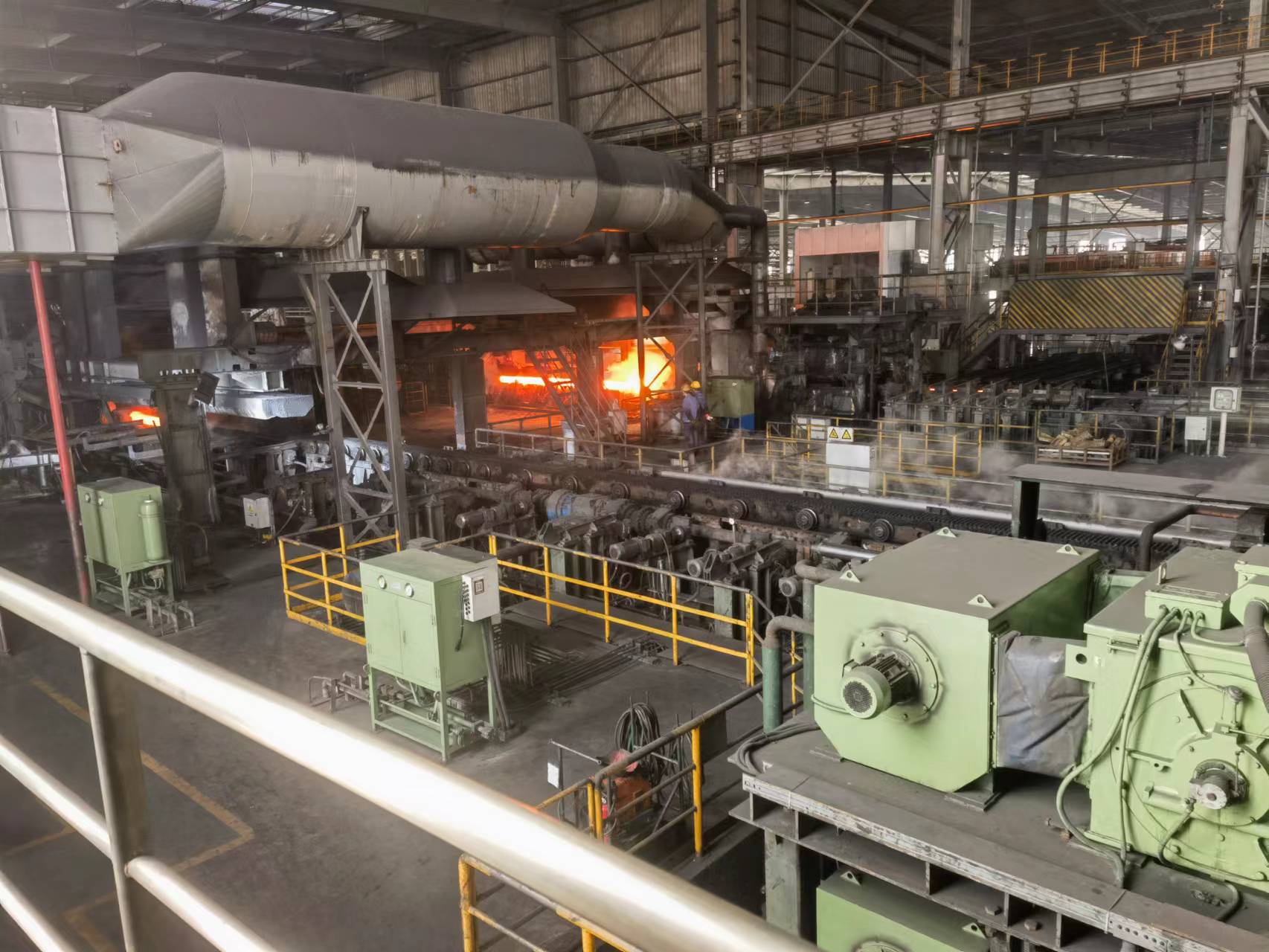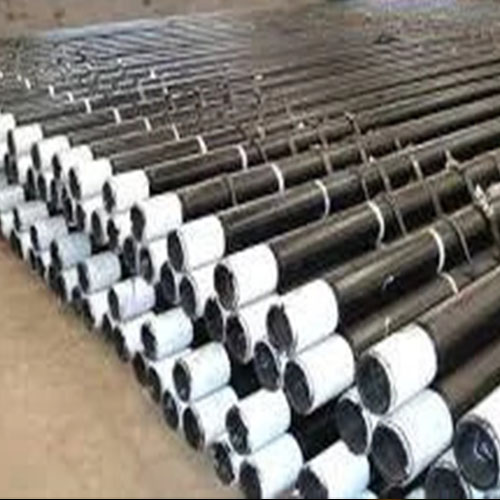Table of Contents
Avantages des gains dans la fabrication de tuyaux FRP/GRP
Un autre avantage de la fabrication de tuyaux Gains FRP/GRP est la nature légère des tuyaux. Les tuyaux FRP/GRP sont nettement plus légers que les tuyaux métalliques, ce qui les rend plus faciles à transporter, à installer et à manipuler. Cela peut entraîner des économies pour les entreprises, car moins de main d’œuvre et d’équipement sont nécessaires pour installer et entretenir les canalisations. De plus, la légèreté des tuyaux FRP/GRP les rend idéaux pour les applications où le poids est un problème, telles que les plates-formes pétrolières et gazières offshore.
De plus, les tuyaux Gains FRP/GRP sont très polyvalents et peuvent être personnalisés pour répondre à des exigences spécifiques. Qu’il s’agisse de la taille, de la forme ou de la couleur des tuyaux, les fabricants peuvent adapter les tuyaux aux besoins de leurs clients. Cette flexibilité permet une plus grande liberté de conception et garantit que les tuyaux peuvent être intégrés de manière transparente dans les systèmes existants.
Avantages du tuyau carré GRP Chine

Les tuyaux en PRV (plastique renforcé de verre) ont gagné en popularité dans diverses industries en raison de leurs nombreux avantages par rapport aux matériaux traditionnels comme l’acier et le béton. En Chine, la fabrication de tuyaux carrés en PRV a connu une augmentation significative ces dernières années, de nombreuses entreprises se spécialisant dans la production de tuyaux chimiques industriels de haute qualité. Ces tuyaux offrent un large éventail d’avantages qui en font un choix privilégié pour de nombreuses applications.
Utilisations des tuyaux chimiques industriels en PRV
Les tuyaux chimiques industriels en PRV sont également connus pour leurs faibles besoins d’entretien. Contrairement aux tuyaux métalliques, qui peuvent nécessiter des inspections et des réparations régulières pour éviter la corrosion et les fuites, les tuyaux en PRV ne nécessitent pratiquement aucun entretien. La nature inerte du matériau signifie qu’il ne réagit pas avec les produits chimiques et ne se dégrade pas avec le temps, réduisant ainsi le besoin d’entretien et de réparations coûteux. Cette faible exigence de maintenance peut entraîner des économies significatives pour les opérations industrielles et garantir la fiabilité continue du système de tuyauterie.
Dans l’ensemble, les tuyaux chimiques industriels en PRV offrent une gamme d’avantages qui en font un choix idéal pour les applications industrielles. De leur résistance à la corrosion et de leur durabilité à leur légèreté et à leurs faibles besoins d’entretien, ces tuyaux constituent une solution fiable et rentable pour le transport de produits chimiques et autres substances corrosives. Grâce à leur polyvalence et leur résistance, les tuyaux en PRV sont un atout précieux pour toute opération industrielle à la recherche d’une solution de tuyauterie durable et durable.

One of the key advantages of GRP square pipes is their lightweight nature. Compared to steel or concrete pipes, GRP pipes are much lighter, making them easier to transport, handle, and install. This can result in significant cost savings in terms of labor and equipment required for installation. Additionally, the lightweight nature of GRP pipes also makes them easier to maneuver in tight spaces, making them ideal for projects with limited access.
Another major advantage of GRP square pipes is their corrosion resistance. GRP pipes are highly resistant to a wide range of Chemicals, making them ideal for use in industrial applications where exposure to corrosive substances is common. This corrosion resistance ensures that GRP pipes have a longer lifespan compared to traditional materials, reducing the need for frequent maintenance and replacement.
In addition to being corrosion-resistant, GRP square pipes are also highly durable. These pipes have a high strength-to-weight ratio, making them capable of withstanding high pressure and temperature conditions. This durability makes GRP pipes suitable for a wide range of applications, from Transporting chemicals in industrial plants to carrying water in municipal infrastructure projects.
Furthermore, GRP square pipes are known for their smooth internal surface. Unlike steel or concrete pipes, which can develop rough surfaces over time, GRP pipes maintain their smoothness, reducing friction and improving flow efficiency. This can result in energy savings and reduced pumping costs, making GRP pipes a cost-effective choice for many applications.
Another advantage of GRP square pipes is their versatility. These pipes can be easily customized to meet specific project requirements, including different sizes, shapes, and configurations. This flexibility makes GRP pipes suitable for a wide range of applications, from small-scale residential projects to large industrial installations.
Moreover, GRP square pipes are environmentally friendly. These pipes are made from a combination of glass fibers and resin, which are non-toxic and recyclable materials. This makes GRP pipes a sustainable choice for projects that prioritize environmental responsibility.
In conclusion, the advantages of GRP square pipes make them a preferred choice for many industries in China and around the world. From their lightweight nature and corrosion resistance to their durability and smooth internal surface, GRP pipes offer a wide range of benefits that make them a cost-effective and sustainable solution for various applications. As the demand for high-quality industrial chemical pipes continues to grow, the manufacturing of GRP square pipes in China is expected to play a significant role in meeting this demand and driving innovation in the industry.
Uses of GRP Industrial Chemical Pipe
GRP industrial chemical pipes are a crucial component in various industries, providing a reliable and durable solution for transporting chemicals and other corrosive substances. These pipes are made from Glass Reinforced Plastic (GRP), also known as Fiberglass Reinforced Plastic (FRP), which is a composite material consisting of a Polymer matrix reinforced with glass fibers. The combination of these materials results in a pipe that is lightweight, strong, and resistant to corrosion, making it an ideal choice for industrial applications.
One of the key advantages of GRP industrial chemical pipes is their resistance to corrosion. Chemicals can be highly corrosive and can cause damage to traditional metal pipes over time. GRP pipes, on the other hand, are inert to most chemicals, making them an excellent choice for transporting a wide range of substances without the risk of degradation. This resistance to corrosion ensures the longevity of the pipes and reduces the need for frequent maintenance and replacement, ultimately saving time and money for industrial operations.
In addition to their corrosion resistance, GRP industrial chemical pipes are also lightweight and easy to install. The lightweight nature of these pipes makes them easier to transport and handle, reducing the labor and equipment required for installation. This can result in cost savings for industrial projects and minimize downtime during installation. Furthermore, GRP pipes can be easily customized to fit specific project requirements, allowing for flexibility in design and ensuring a seamless fit for any application.
Another benefit of GRP industrial chemical pipes is their durability and strength. The glass fibers used in the manufacturing process provide reinforcement to the polymer matrix, creating a pipe that is strong and able to withstand high pressures and temperatures. This durability makes GRP pipes suitable for a wide range of industrial applications, including chemical processing, water treatment, and oil and gas production. The strength of these pipes also ensures that they can withstand external forces and environmental factors, making them a reliable choice for long-term use.
GRP industrial chemical pipes are also known for their low maintenance requirements. Unlike metal pipes, which may require regular inspections and repairs to prevent corrosion and leaks, GRP pipes are virtually maintenance-free. The inert nature of the material means that it does not react with chemicals or degrade over time, reducing the need for costly maintenance and repairs. This low maintenance requirement can result in significant cost savings for industrial operations and ensure the continued reliability of the piping system.
Overall, GRP industrial chemical pipes offer a range of benefits that make them an ideal choice for industrial applications. From their corrosion resistance and durability to their lightweight nature and low maintenance requirements, these pipes provide a reliable and cost-effective solution for transporting chemicals and other corrosive substances. With their versatility and strength, GRP pipes are a valuable asset for any industrial operation looking for a durable and long-lasting piping solution.

